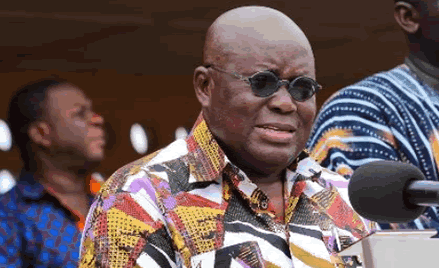Barely less than four days after the Federal Government announced a marginal increase in the excise duties being charged by the Federal Government on tobacco and alcohol, the International Monetary Fund (IMF), has described the hike as very low.
Explaining more in its latest 2017 mission report, IMF averred that there was a need for Nigeria to raise the excise duty on a stick cigarette to N5 as a fail-proof revenue raising strategy.
It would be recalled that the latest duty hike
The IMF suggestion can be seen as up to five times higher than the N1 excise duty approval given by President Muhammadu Buhari, which was announced on Sunday by the Minister of Finance, Mrs. Kemi Adeosun.
Details of the new duty rate showed that rates for tobacco, which take effect from June 4, each stick of cigarette will attract a N1 specific rate (N20 per pack of 20 sticks) in 2018.
For 2019, the sum of N2 specific rate will be charged per stick (N40 per pack of 20 sticks), while 2019 will have N2.90k specific rate per stick (N58 per pack of 20 sticks).
However, IMF argued in the report that tobacco prices should be adjusted upwards in conformity with the global tobacco convention goal of achieving an excise burden of 64 per cent of the retail price per pack of 20 cigarettes.
The Fund made it clear that time has come for excise duties to be converted from ad-Valorem to specific rates to reflect the external cost of consumption and production.
The report said in parts: “Nigeria’s tobacco excise duties are very low at 16 per cent of the retail price since excise duties are generally shifted forward into consumer prices; by extension, cigarette retail prices in Nigeria are only a fraction of the retail prices.
“To reflect the fact that tobacco excise is a proxy for the social cost that smokers impose on other people, it is recommended that the duty should be made specific and imposed at N100 per pack of cigarette of 20 over a three-year period.”
On the alcoholic beverages, the Fund said that the current rate of 20 per cent was low also, noting that the hike does not account for the external costs that abusive drinkers impose on other people.
While arguing that chronic heavy drinking had a harmful effect on the health system such as organ damage and birth defects, IMF averred studies had shown that abusive drinkers were the cause of accidents and domestic violence.









